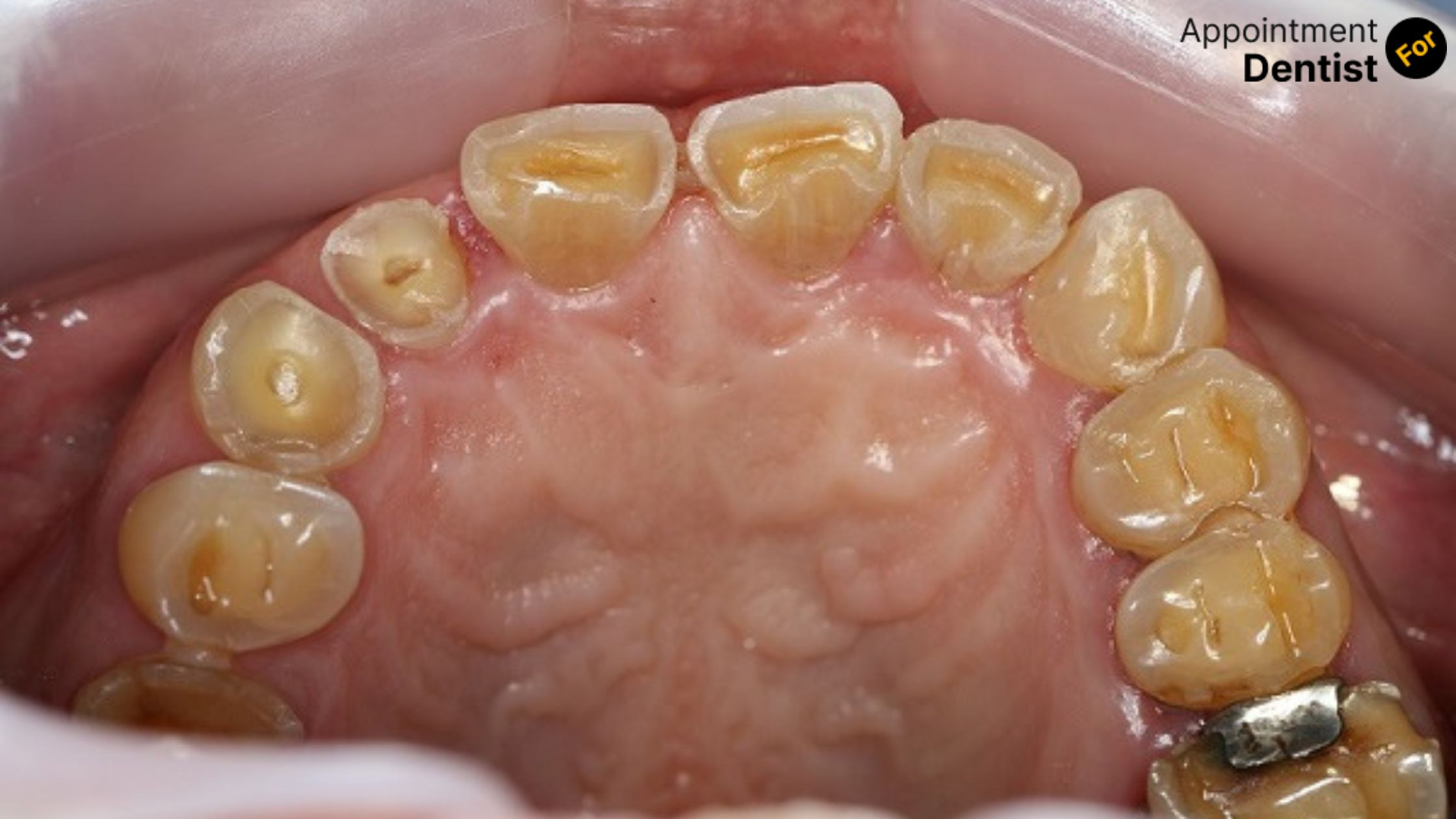How to Treat and Prevent Tooth Erosion: Expert Tips
Posted on July 26, 2024 by Admin

One of the most common dental problems that lots of people all around the world go through is tooth erosion. It simply refers to the wearing away of the tooth enamel the protective outer layer of the teeth by acid action. If very severe, it may be painful, change the color, or even lead to the loss of a tooth. Nevertheless, with a little proper care and awareness, one can quite easily help oneself save from and cure it.
What is Tooth Erosion?
It is mainly caused by any foods and drinks that have acidic content, primarily these include citrus types of fruits, soft drinks, and some kinds of wine. This goes on to show that these acids corrode the enamel over time, making it vulnerable to erosion. Other than this, acid reflux, bulimia, and high consumption of sugary or acidic foods also lead to the problem.
Symptoms of Tooth Erosion
The first manifestations of tooth erosion are the sensitivity of teeth to hot, cold, or sweet foods and drinks. As one continues, discoloration of teeth is the result, followed by rounding of their edges, ultimately forming small cracks or indentations. Later on, during advanced stages, teeth become sensitive to temperature changes and develop decay.
Treatments
In the case of early detection, most erosion can be mainly managed by preventive techniques. Fluoride treatments and remineralizing products can make the enamel stronger, thereby protecting it from further erosion. The more serious cases may want dental bonding, filling, or even crowning for the rebuilding of tooth structure and protection from damage.
Must Read : Dental Solutions for Addressing Malocclusion
Prevention Strategies
The first step in the prevention of tooth erosion is following good oral hygiene. Brushing teeth at least twice a day with fluoride toothpaste and flossing once a day can remove plaque and extra acids that cause erosion. Also, use fluoride mouthwash for further protection for your teeth.
Dietary Changes
Good dietary habits may also greatly reduce the risk of tooth erosion. Intake of acidic beverages and foods, like citrus, tomatoes, and fizzy drinks, has to be limited, as those kinds of drinks and foods tend to preserve enamel. When consuming acidic food, consider sipping through a straw—this helps it go down with less contact between the acid and your teeth—and then rinse your mouth with water.
Regular Dental Visits
Regular visits to a dentist are of importance in maintaining good oral health and allowing early identification of the first signs of tooth erosion. The dentist will be able to check up on your teeth and give you individual advice on how to prevent further erosion and provide personalized treatments.
Precautions
If you grind your teeth at night or if you're an athlete in any contact sport, you need a mouth guard to shield your teeth from direct physical wear and tear. Also, avoid using your teeth as tools for opening bottle caps or for ripping open packages. Doing so will also grind down and crack the enamel.
Home Care Tips
Aside from frequent visits to the dentist, good oral hygiene at home is very essential in preventing tooth erosion. Use a soft-bristled toothbrush and avoid rubbing vigorously, for this will also make the enamel wear off eventually. You should also consider using toothpaste for sensitive teeth so it could at least help in alleviating the pain brought about by erosion.
Must Read : What Should You Do If You Experience a Dental Emergency?
Conclusion
It is a serious problem in dentistry, and if left untreated, it might lead to major oral health concerns. Understanding what causes tooth erosion and its symptoms, and following these expert tips on how to treat and prevent it, will help you protect your teeth to get that healthy smile for many years to come. Again, very critical to this case is early detection and early intervention for enamel preservation to prevent its further deterioration. Take proactive steps to save your dental health today, for a brighter and healthier smile tomorrow.
Faqs
-
1. What is the main cause of tooth erosion?
The main causes of tooth erosion are acid-rich foods/beverages sour candies, citrus fruits, and soda, specifically and some wine varieties. Other causes include acid reflux, bulimia, and bad oral hygiene habits.
-
2. How would I know if I have tooth erosion?
Early warning signs include increased sensitivity to hot, cold, or sweet foods and drinks. It can also cause discoloration and rounded edges on the teeth. More serious cases may be characterized by cracks or indentations forming on the teeth.
-
3. Can tooth erosion be reversed?
In its early stages, tooth erosion can often be managed and even reversed by preventive measures like fluoride treatments and changes in diet and hygiene habits. Advanced cases may require dental intervention like fillings or crowns.
-
4. How can I prevent tooth erosion?
Foods and drinks rich in acidity should be reduced in their use, the glass straw is to be used while taking acidic drinks, observe oral hygiene, and make frequent checkups and cleanings from your dentist.
-
5. What should I do if I think I have tooth erosion?
If you think you have tooth erosion, you should make an appointment with your dentist for a proper check-up. This will help in detecting it at an early stage and prevent further damage to your teeth.
Recent Post
- The Importance of Oral Health Education for Children
- How to Choose the Right Orthodontic Treatment for Adults
- The Link Between Oral Health and Stroke Risk
- How to Address and Prevent Gum Recession
- Innovations in Dental Anesthesia: Pain-Free Procedures
- The Role of Saliva in Oral Health: Functions and Disorders
- Exploring Holistic Dentistry: What You Need to Know
- How Oral Health Affects Your Immune System
- The Benefits of Using Dental Probiotics
- Oral Health and Pregnancy: Myths and Facts